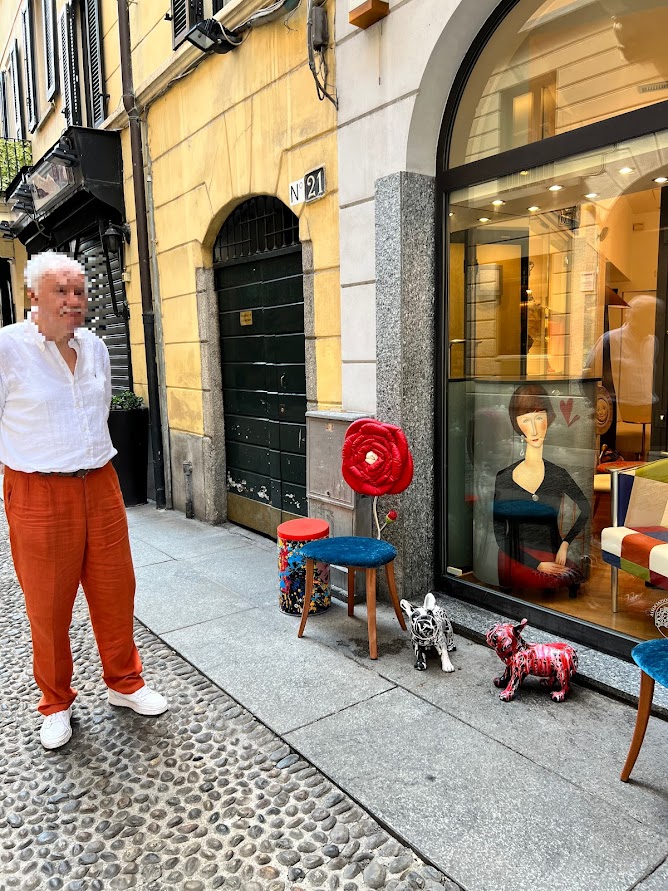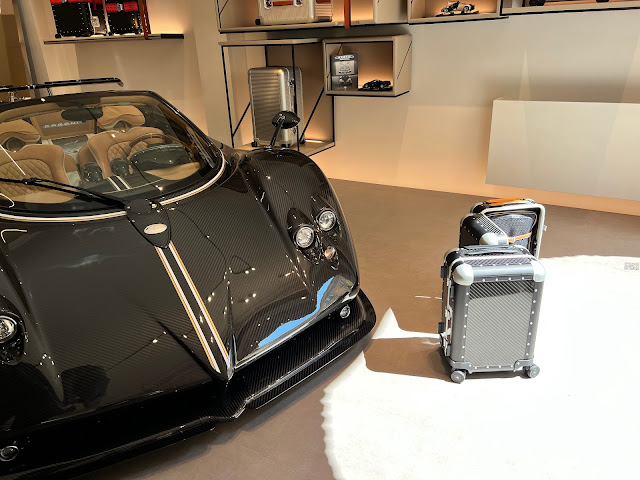Piggyback economics extend the benefit of an event beyond the fair grounds.
It is not known how seriously Walmart CEO Doug McMillon took
former Pepsi CEO Indra Nooyi’s recommendation to go to Milan for the Design
Week, but I did. The opportunity finally presented itself after Italy lifted
Covid travel restrictions. It was everything that Ms. Nooyi talked about – an
entire city celebrating design. However, what was eye-opening was the way the common
Milanese seem to embrace the Design Week.
The cab driver speeding at 190 kmph from the airport to the
hotel wasn’t showing off his motor racing skills. He merely wanted to rush back
to pick up as many arriving Design Week visitors as possible. The hotel, whose
lobby had registration desks for hospitality suites and private events by
furniture brands, offered free shuttles to locations in the city within walking
distance of the various venues. From the art installation covering an entire
building, an entire district designated for design, several pop-up studios and
displays, the high-end over-the-top launch event of a one-armed chair by an
iconic fashion brand, to the very basic shadow art by a small wallpaper company,
it was noteworthy how cars, fashion apparel, fashion accessories and luxury
goods had created their own displays, sometimes co-located, filling the city with
design surprises at almost every turn.
Cities can learn from the Milano Design Week. With infrastructure such as an international airport, several indoor and outdoor waterfront venues, research institutions and Universities, comfort with hosting major events and housing visitors at scale, it is perfectly conceivable that a city like Tampa can emulate the success of the Milano Design Week.





